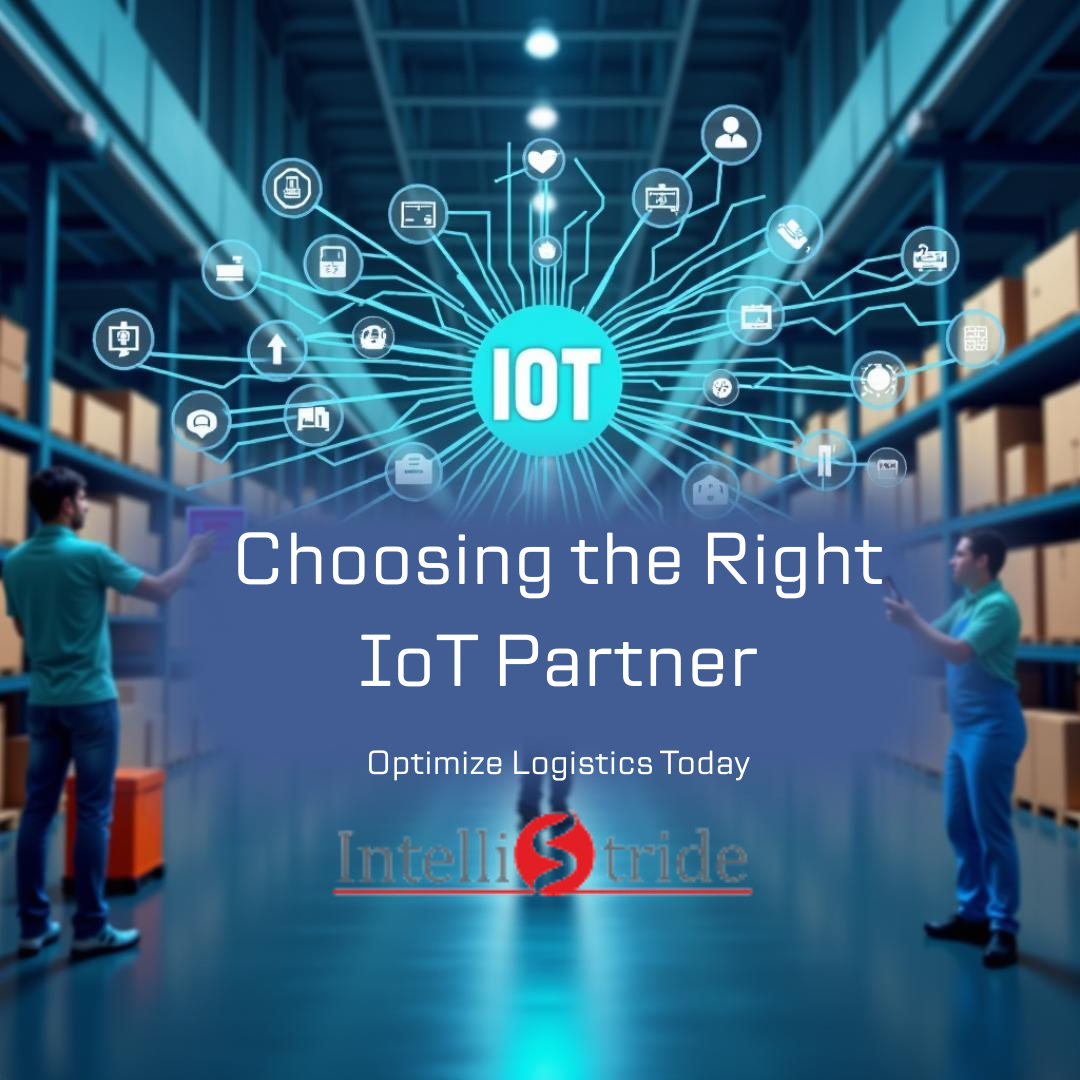
In today¡¯s fast-paced supply chain environment, businesses are under increasing pressure to deliver faster, smarter, and more accurately than ever before. The rise of e-commerce, heightened customer expectations, and global logistics challenges have led many organizations to embrace digital transformation. One key driver of this transformation is the adoption of IoT Solutions for Logistics and Warehousing. But implementing IoT is more than just integrating sensors or automation¡ªit¡¯s about choosing the right partner who understands your operational complexities and can deliver scalable, future-proof results.
Why IoT is Disrupting Logistics and Warehousing
The Internet of Things (IoT) enables real-time data collection, smart decision-making, and remote control over assets throughout the supply chain. According to Statista, the global market for IoT in logistics is projected to reach $100 billion by 2030, growing at a CAGR of 13.2%. This surge is driven by the increasing need for real-time tracking, warehouse automation, predictive maintenance, and efficient fleet management.
Key Benefits of IoT in Logistics:
Clearly, the right IoT warehouse solutions can dramatically improve visibility, reduce costs, and increase agility. But the technology is only as good as the partner who implements it.
Challenges of IoT Implementation in Warehousing and Logistics
Despite the benefits, logistics companies often face hurdles when adopting IoT:
That¡¯s why selecting a reliable IoT partner becomes a strategic decision. Your technology provider should not just offer products but guide you through the end-to-end journey¡ªfrom assessment and deployment to data analytics and post-launch support.
Evaluating IoT Partners: What to Look For
Here¡¯s a data-backed, criteria-based approach to evaluating IoT solution providers in the logistics space.
1. Domain Expertise in Logistics and Warehousing
A report by McKinsey highlights that industry-specific knowledge accelerates implementation time by up to 30%. Look for a partner with proven case studies in IoT solutions for logistics, particularly with clients in similar industries or regions.
2. End-to-End Capabilities
Your IoT partner should offer a full-stack solution¡ªhardware, connectivity, cloud platforms, data analytics, and mobile interfaces. This reduces compatibility issues and ensures better post-deployment support.
? Tip: Companies like Intellistride offer integrated IoT ecosystems tailored to logistics challenges, including asset tracking, warehouse safety, and fleet visibility.
3. Scalability and Flexibility
Logistics operations vary from small hubs to global warehouse networks. Choose a provider that can scale with your growth and support multi-location logistics setups.
These are essential traits of scalable IoT warehouse solutions.
4. Security and Compliance
Security is often overlooked but critical. According to IBM¡¯s 2023 Cost of Data Breach report, the average breach costs companies $4.45 million. Ensure your IoT partner supports:
5. Data-Driven Insights
The real power of IoT lies in actionable insights. Your partner should offer robust analytics tools to monitor key KPIs:
With predictive analytics, you can prevent issues before they happen and optimize workflows in real-time.
Real-World Example: How Intellistride Delivers Impact
According to the website Intellistride, their IoT solutions for logistics empower supply chain companies with smart visibility and control. Their deployments have led to:
By integrating RFID, GPS, IoT sensors, and real-time analytics dashboards, Intellistride enables logistics companies to track every asset, shipment, and vehicle with precision.
Their modular offerings also allow businesses to start small¡ªsuch as vehicle tracking¡ªand scale up to full warehouse automation over time. That¡¯s the flexibility businesses need in today¡¯s changing logistics landscape.
Key Questions to Ask Before Partnering
Before you finalize an IoT partner, ask the following:
These questions will help weed out generic vendors and identify those aligned with your industry¡¯s operational realities.
Future Trends in IoT for Logistics
Looking ahead, the following innovations are poised to redefine IoT warehouse solutions:
Choosing a future-ready IoT partner ensures your logistics operation stays ahead of the competition.
Final Thoughts
Choosing the Right IoT Partner for Your Logistics and Warehousing Needs is not just a technical decision¡ªit¡¯s a strategic one that impacts your long-term efficiency, scalability, and profitability. Whether you're a growing e-commerce brand or a global logistics provider, IoT can unlock new levels of automation and intelligence across your supply chain.
With solutions like those from Intellistride, businesses can confidently embrace digital transformation¡ªknowing their investment is backed by real-time data, industry-specific experience, and scalable infrastructure.
The path to a smarter warehouse and a responsive logistics operation starts with the right partner. Make your choice wisely¡ªand ensure your supply chain is not just connected, but intelligent.













